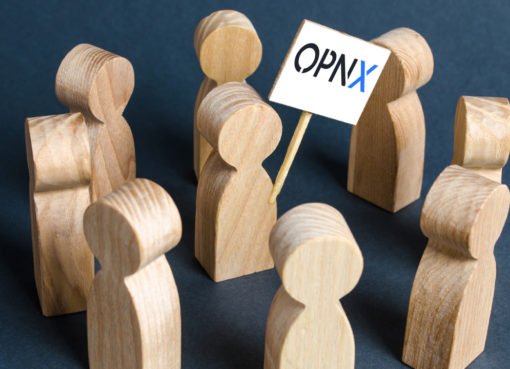Mercado Pago, the financial wallet division of Mercado Libre, the Latam e-tail giant, has announced the launch of cryptocurrency trading services in Mexico. The company has already launched this kind of service in Brazil, serving one million customers in the country, allowing them to purchase, store, and sell bitcoin and ethereum, and also to receive Mercado Libre’s own token, mercadocoin.
Mercado Pago Debuts Crypto Purchases in Mexico
Mercado Pago is aiming to grow in Mexico with the introduction of cryptocurrency services. The company, which serves as a wallet arm of Mercado Libre, announced on Sep. 27 that it has activated the possibility for customers to purchase crypto with national fiat currency in Mexico. In this way, every customer in Mexico is now able to purchase bitcoin and ether using funds available in Mercado Pago’s native wallet.
In bringing this product to Mexico, the company seeks to provide more options to Mexicans that are already customers of the company. On this, Mercado Pago Mexico’s CEO Pedro Rivas stated:
Through this new service we seek to give millions of Mexicans access to the crypto world in an educational, safe and simple way, in order to generate greater technological inclusion.
Mercado Libre’s Latam Expansion
This move had been hinted at by the company before. Osvaldo Gimenez, head of Mercado Pago, announced a possible expansion on Aug. 4, remarking on the importance cryptocurrencies have as an alternative investment in Latam. The company was a pioneer in offering this kind of service in Brazil, with more than 1 million customers enjoying this functionality since November 2021.
However, Mercado Pago is still not allowing customers to purchase merchandise available in Mercado Libre using crypto yet. This goes in line with what Marcos Galperin, co-founder and CEO of Mercado Libre, thinks about the value of crypto, attributing more importance to its function as a store of value than what it might offer as a means of payment. The company also launched its own token, called mercadocoin, on Aug. 20, but gave no indications about its launch in Mexico.
Interest in cryptocurrency in Mexico has been rising steadily, and other companies have already introduced crypto as a means of payment as part of their respective business models. Rappi, a food delivery company, announced on April 13 that it was launching a pilot to accept cryptocurrencies as payment for its services.
In July, Indira Kempis, a Mexican senator, introduced a bill to declare bitcoin as a legal tender as a way of improving the levels of financial inclusion and literacy of the citizens.
What do you think about Mercado Pago launching crypto trading services in Mexico? Tell us in the comments section below.
Image Credits: Shutterstock, Pixabay, Wiki Commons, Diego Thomazini / Shutterstock.com
Disclaimer: This article is for informational purposes only. It is not a direct offer or solicitation of an offer to buy or sell, or a recommendation or endorsement of any products, services, or companies. Bitcoin.com does not provide investment, tax, legal, or accounting advice. Neither the company nor the author is responsible, directly or indirectly, for any damage or loss caused or alleged to be caused by or in connection with the use of or reliance on any content, goods or services mentioned in this article.




